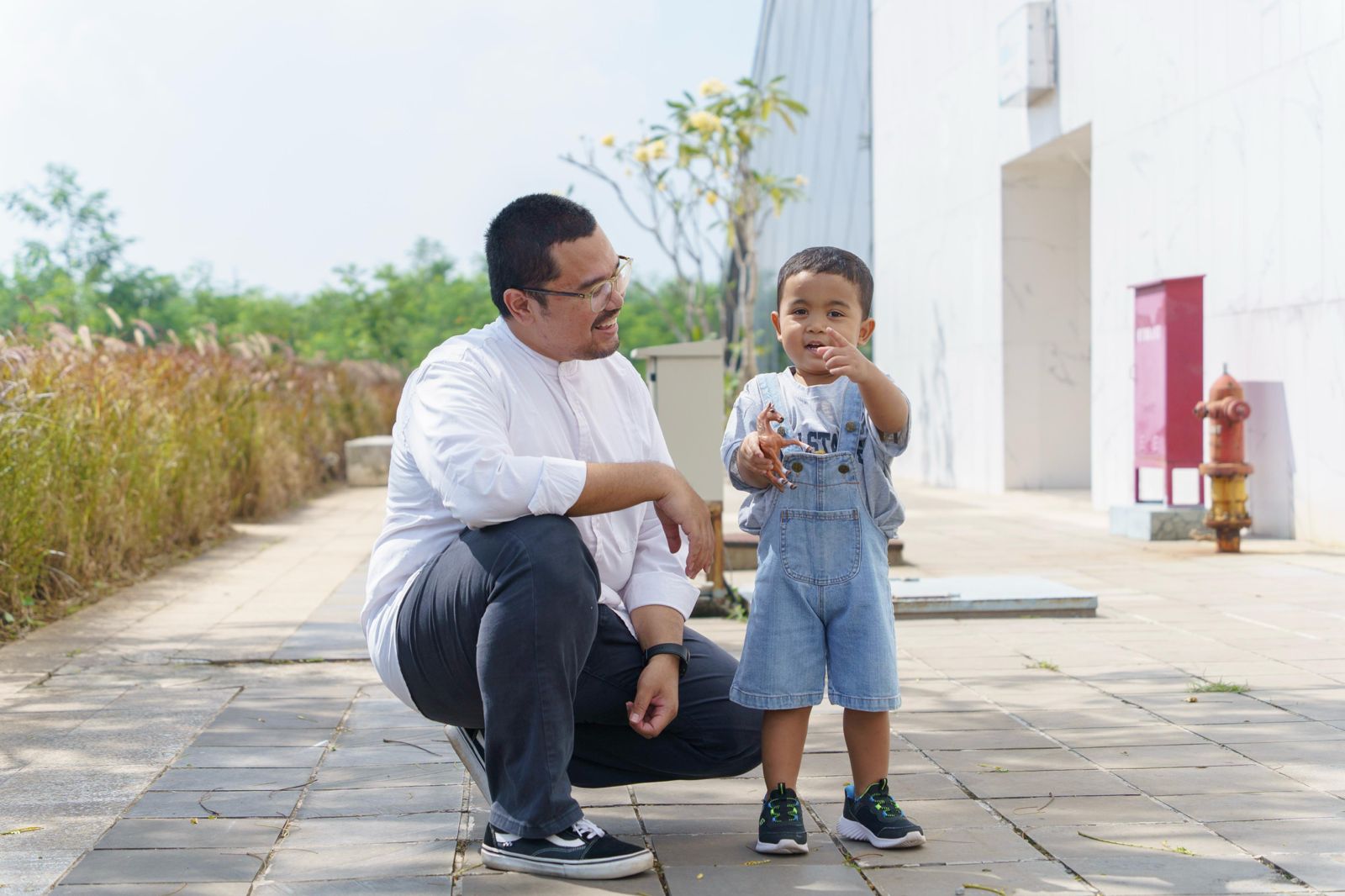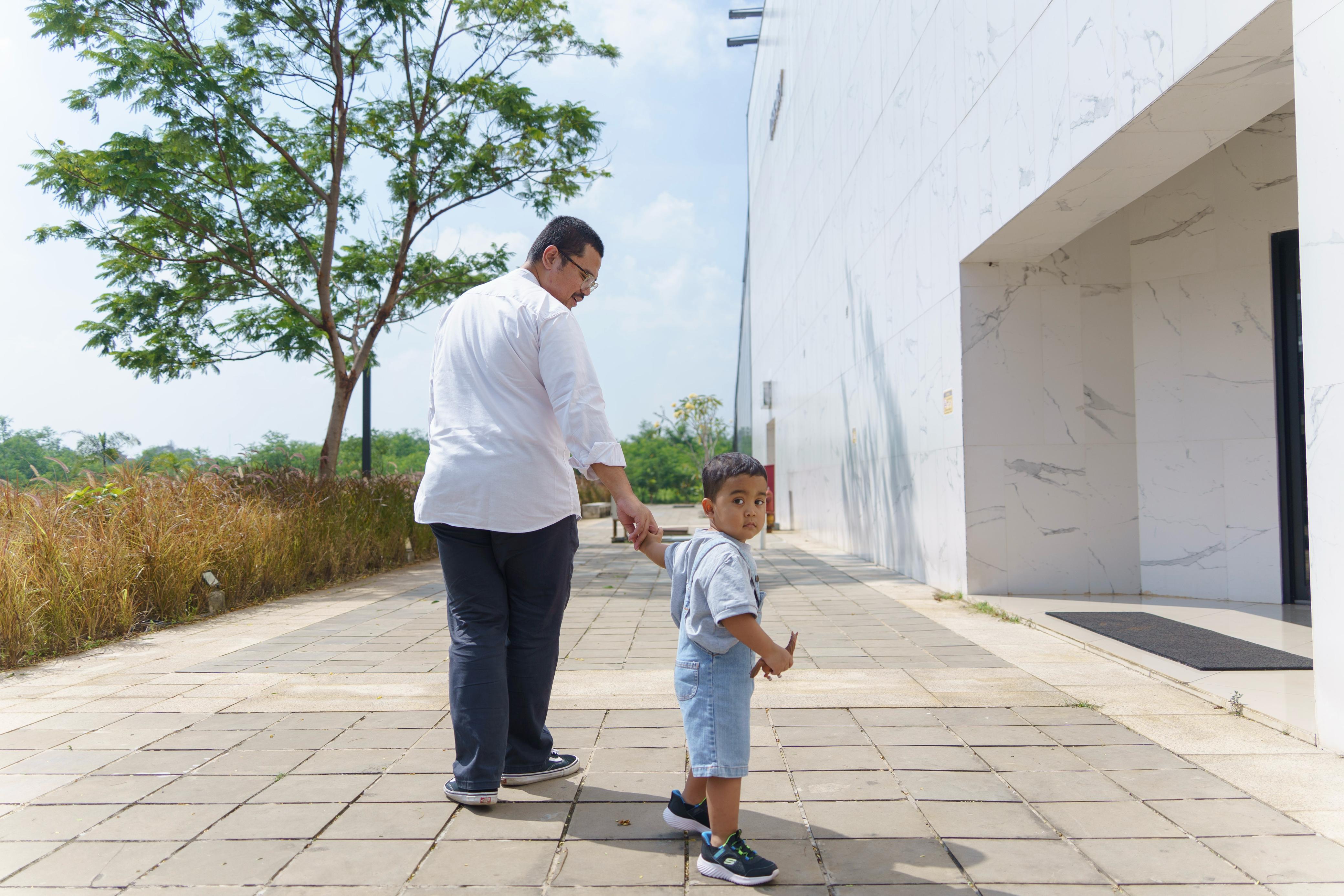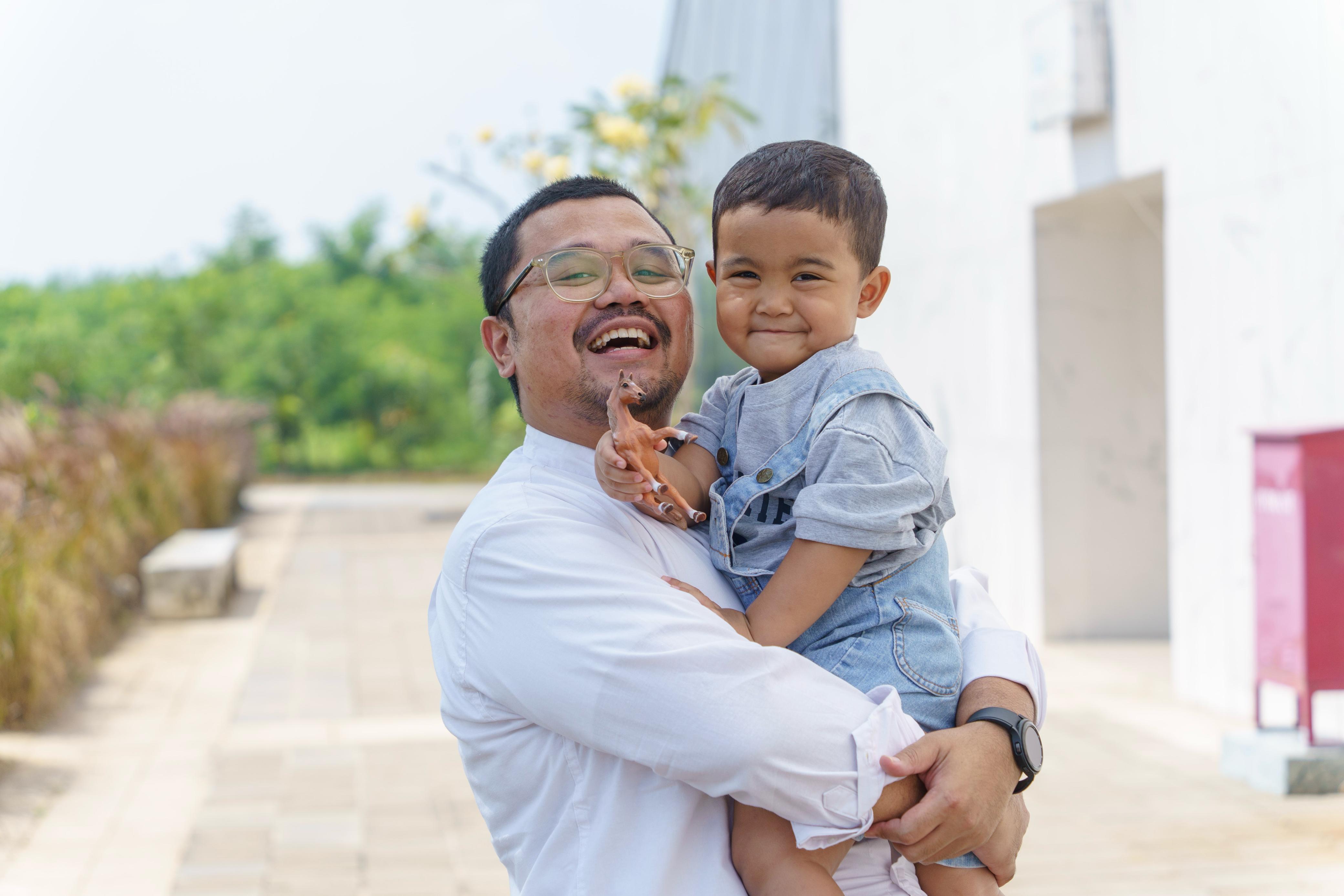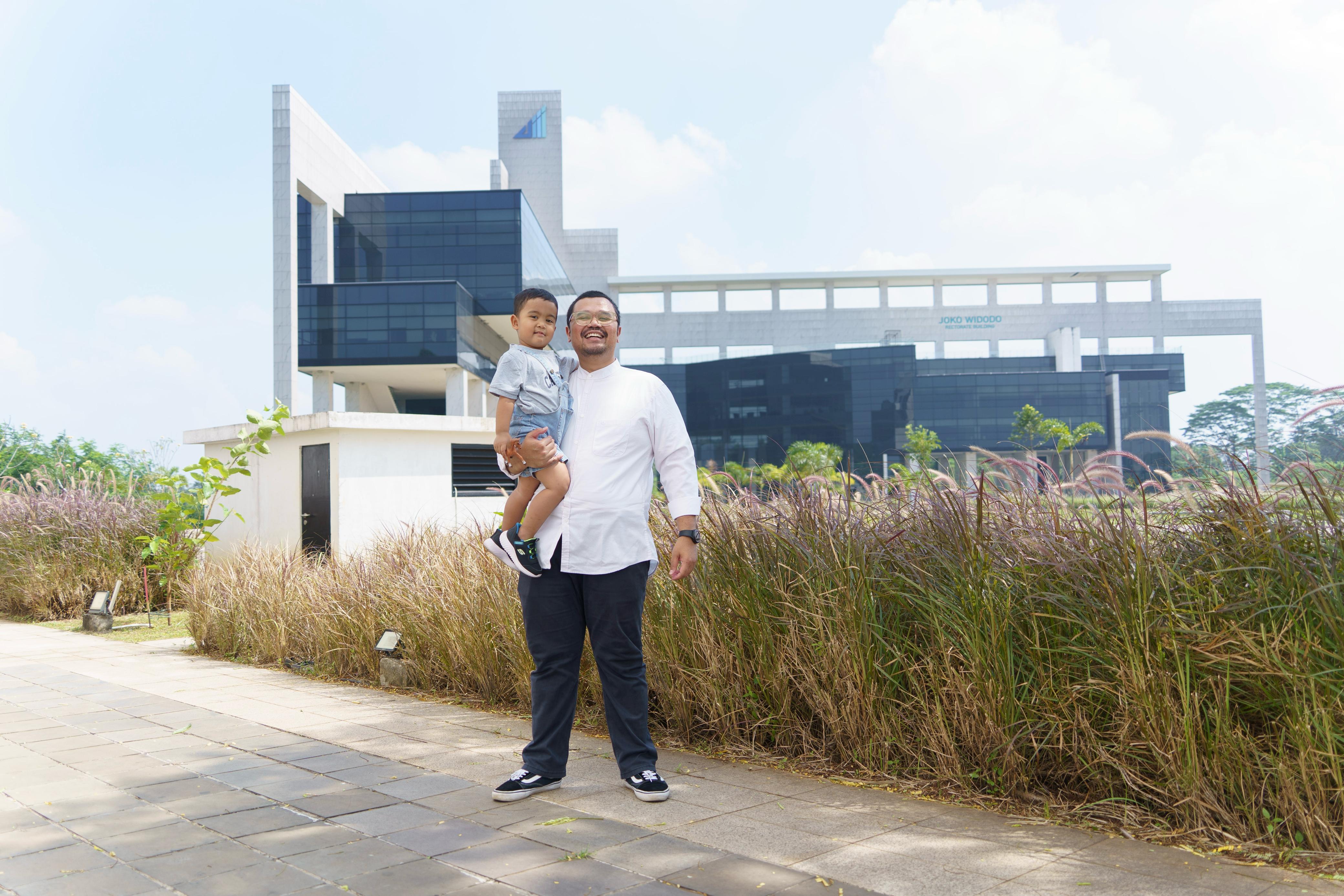More From News
UIII Builds a Bridge to Costa Rica
February 26, 2026
June 19, 2025
Contributor: Atia Adjani | Editor: Supriyono | Photo: Achmad Jatnika

Every morning, Fakhriyan Ardyanto gently pushes a stroller toward the Jusuf Kalla Library, taking his child to the daycare facility here at UIII. For him, it’s not just a morning routine, it’s a cherished moment to begin his day as both a devoted father and a dedicated staff member at Universitas Islam Internasional Indonesia (UIII).
Fakhri has been part of UIII since 2021, working as an administrative staff at the Faculty of Islamic Studies. In 2023, he and his wife welcomed their first child, a baby boy named Sabda—a Javanese word meaning “sacred word”. As both Fakhri and his wife are working, the couple navigates the excitement and challenges of a new parenthood—one reason they chose to benefit from the UIII Daycare facility.

“They say it takes a village to raise a child. With both of us working and live far from our extended family in Yogyakarta, the presence of UIII Daycare has become an essential support system for us,” said Fakhri, who’s also an active master’s student at Universitas Pertahanan (UNHAN) Jakarta.
The UIII Daycare Facility was established on March 8, 2023, in celebration of International Women’s Day, as an initiative by the Faculty of Education to support students, staff, and the wider academic community with young children. Located in the Jusuf Kalla Library building, the daycare offers a safe and nurturing space that enables parents to pursue their academic and professional activities.

Despite the convenience of having a daycare facility on campus, Fakhri said that parenting remains a deeply involved journey, requiring partnership, adaptability, and open communication between both parents. These values, he emphasized, go beyond traditional notions of parenting roles, reflecting a more collaborative and thoughtful approach to raising a child.
“Taking care of a child is not solely a woman’s task. Parenting is a shared responsibility. My wife and I take care our child together. We don’t divide roles by gender. We just do what needs to be done and be supportive to each other,” he said.
For Fakhri, this approach to fatherhood is part of a wider cultural shift—away from traditional, distant models of parenting and toward a more engaged, emotionally available role. “People say that we live in a so-called ‘fatherless society’, and I’m hoping to break this barrier by being psychically and emotionally available for Sabda. I’m glad to be part of that shift with so many others from my generation,” he shared.

As the world celebrate the International Father’s Day in every third Sunday of June, Fakhri’s message emphasizes the evolving role of fathers in contemporary society and encourages a more inclusive understanding of what it means to be a father. It promotes gender equality in parenting by encouraging society to move beyond traditional gender roles and expectations, allowing fathers to fully engage in caregiving and household responsibilities.
In this very special occasion, UIII takes this opportunity not just to acknowledge the global tradition, but to reflect on the evolving roles of fathers in our own academic and social environment. It’s a moment to recognize the dedication, care, and strength of the fathers among us—those who balance professional tasks with daily responsibilities of parenting.
Universitas Islam Internasional Indonesia